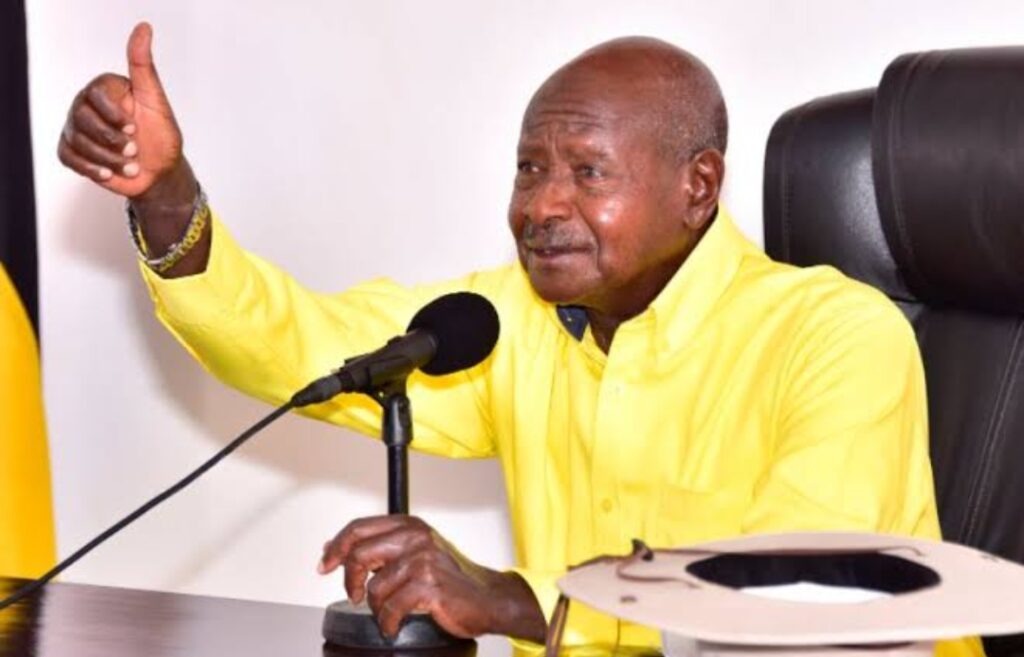By Sekaggya Seka Moses
National Resistance Movement (NRM) MPs are celebrating after President Yoweri Museveni, the chairperson of their ruling party, signed the UPDF (Amendment) Act 2025 into law.
This law grants military courts the authority to try civilians under specific circumstances, such as possession of military equipment.
The amendment was passed by parliamentarians last month despite opposition from lawmakers who argued that it violates a Supreme Court ruling.
The Supreme Court had previously ruled that military courts are neither impartial nor competent to exercise judicial functions.
According to the amendment, those presiding over the tribunals should have relevant legal qualifications and training, and should be independent and impartial while performing their legal functions.
However, human rights activists and opposition leaders have expressed concerns that the law will be used to persecute government critics.
“The law will deal decisively with armed violent criminals, deter the formation of militant political groups that seek to subvert democratic processes, and ensure national security is bound on a firm foundational base.If it ain’t broke, don’t fix it!” army spokesperson Col Chris Magezi wrote on X after the bill was passed by MPs.
However, opposition leader Bobi Wine has stated that the law will be used against him and others in the opposition.
“All of us in the opposition are being targeted by the act,” he told the AFP news agency.
Human rights lawyer Gawaya Tegulle has also expressed concerns about the law, saying that it could be used to silence dissidents.
“If you are a political opponent then they will find a way of getting you under the military court and then you know your fate is sealed… once there, justice will never visit your door,” he told the BBC’s Focus on Africa podcast in February.
He added that people can spend years in detention on remand as the courts await decisions from senior military figures, which may never come, and those who are tried and found guilty face harsher penalties than in civilian courts.
A recent high-profile case followed November’s arrest of long-time leading opposition figure Kizza Besigye.
He was picked up in neighboring Kenya, taken across the border, and then charged in a military court with possession of pistols and attempting to purchase weapons abroad, which he denied.
Those charges were dropped, and replaced with others, when his case was transferred to a civilian court following the Supreme Court ruling.
President Museveni has previously defended the use of military courts, saying they are necessary to deal with “rampant activities of criminals and terrorists that were using guns to kill people indiscriminately”.
He added that civilian courts are too busy to “handle these gun-wielding criminals quickly”.
The President also described the Supreme Court verdict that ruled against the use of military courts for civilians as the “wrong decision”, adding that “the country is not governed by the judges. It is governed by the people.”
The law is expected to be gazetted soon, and its implications will likely be closely watched by human rights groups and opposition leaders.
NRM MPs are celebrating the signing of the bill, which they had passed through parliament, and are likely to argue that it will help maintain national security.
Have An Advert Or Article You Want Us To Publish? Whatsapp: +256786288379 or email binocularugnews@gmail.com
